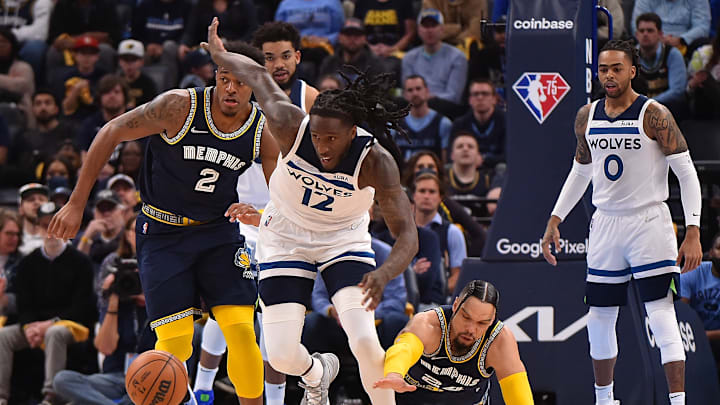3. Brooks didn't ask for that specific contract
I'll first admit: the concerns over Brooks' contract are valid. Making a long-term commitment to someone as unpredictable as Brooks has the potential to backfire.
And especially considering the structure of the deal (no team option or player option). Rockets GM Rafael Stone noticed these concerns and constructed the deal as best as he could to mitigate this, with a front-loaded deal (5 percent annually is the maximum possible), while also adding incentives.
This will have a minimum overall impact on the total number, but it's something. But it's not Brooks' fault that the Rockets gave him this deal, let's be clear.
The Rockets valued him quite highly and wanted to climb the financial ladder to secure his services. The Rockets were going to have to be the highest bidder to land each of their prime targets, and even that didn't necessarily work in the case of Lopez.
The Rockets faced the "Rockets tax", which essentially was the cost of being a bad team for several years and not having much to offer to free agents, other than a hefty payday. When you combine each of those factors, it shouldn't be surprising that Brooks got paid so handsomely.
But again, none of this is his fault.
